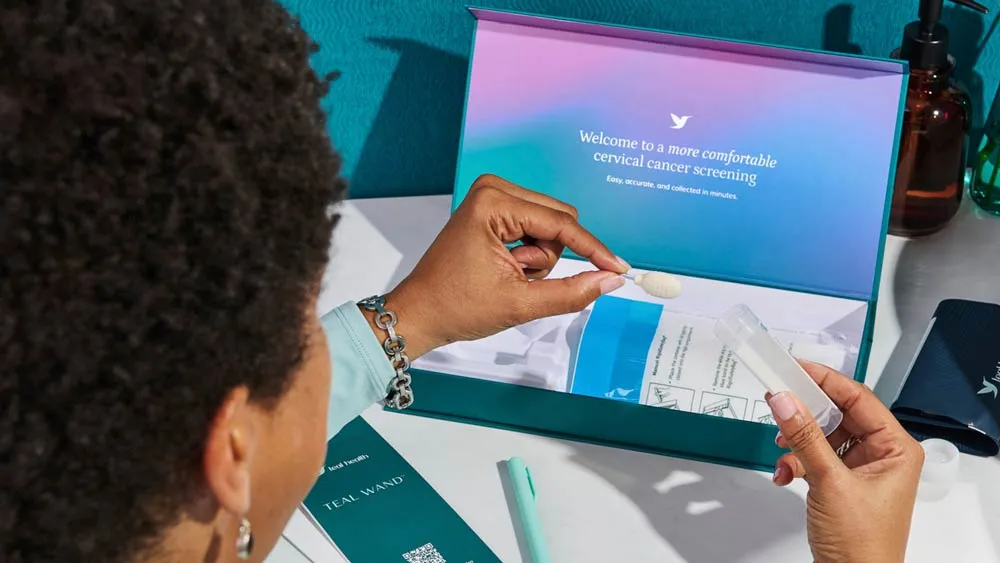September 27, 2014
No Decisions Made on Pink Saturday
Kilian Melloy READ TIME: 4 MIN.
Suggestions ranging from mandatory bag checks to making Pink Saturday a daytime event were discussed at a recent community meeting, but no decisions were made regarding gaining more control over the street party that has been marred by assaults and other violence in recent years.
Those who packed the Eureka Valley Recreation Center earlier this month were mainly Castro residents, though there were people from outside of the neighborhood, including a small number from the East Bay. Attendees were overwhelmingly gay male, although about a dozen women attended.
Pink Saturday is the annual celebration in the Castro that happens the night before the LGBT Pride parade. It is organized by the Sisters of Perpetual Indulgence and voluntary gate donations raise funds that the drag nun group distributes to nonprofits.
After the meeting, Sister Selma Soul, whose real name is James Bazydola, and gay District 8 Supervisor Scott Wiener reiterated their support for ending Pink Saturday at an earlier time.
Concern about the event has grown since 2010, when 19-year-old Stephen Powell was shot and killed around the time Pink Saturday ended. In 2013, a 28-year-old woman was kicked in the face and robbed near Pink Saturday. At this year's Pink Saturday, a Sister and her husband were attacked in an apparent hate crime. The Sister was present at the Eureka Valley meeting. Like many others, she expressed her desire to see an event that was inclusive, but safe.
San Francisco Police Captain Daniel Perea, who oversees Mission Station, which serves the Castro, said help from the community was needed in order to maintain the peace.
"We are not all-knowing or all-seeing," Perea said. "There were a lot of people there not from the community who were not there to celebrate Pride. We put a platoon in place to follow them around and let them know they were being watched."
Wiener, who helped organize the September 10 meeting, said he has attended Pink Saturday since 1995 and volunteered there before being elected to the Board of Supervisors.
"I saw the amount of work it takes to put this event on, and I thank the Sisters," Wiener said. "This event means a lot to a lot of people. We have to learn how to do it better as a city. We have to make sure it doesn't go the way of Halloween. It's not okay that Sisters were assaulted. Public drunkenness is not okay."
Wiener was referring to what used to be an annual Castro Halloween street party that was canceled in 2007 because of violent incidents.
Wiener joined several of the Sisters in acknowledging that the trouble at Pink Saturday seemed to begin after 8 p.m.
"We could make it a daytime event," said Selma. "Ending it at 8 p.m. would free the police to police the neighborhood. People will come to the neighborhood anyway because the Castro is a destination. We're asking Scott and the city attorney to look into charging admission."
Admission, Selma feels, would help discourage troublemakers from attending. She pointed out that Burning Man charges admission to its street party in the Dogpatch neighborhood.
Residents shared their own concerns about the trends they were seeing during Pink Saturday. Some reported being subjected to anti-gay slurs and threats of violence right in the middle of Castro Street.
"I was afraid to be in my own neighborhood," said longtime resident Frank Pietronigro, "I don't want to be afraid. What's happening at the event is degrading."
Jeff Hamilton suggested closing the Castro Muni station early on Pink Saturday.
Others suggested a bag check.
"If we have to do a mandatory bag check then we do it because it will stop people from being stabbed," said Wayde Palmer.
A number of attendees alluded to "hip-hop music" and "ghetto blasters." There was a smattering of applause to these comments, but also hisses and whispers of racism. The need to extend a welcome to LGBT youth of color was expressed.
"Historically, segments of youth and communities of color have remarked that they have not seen their voices and cultural fully represented in the Castro," said Joshua Smith, a co-producer of the global village stage at Pride and a member of the group that puts on the Soul of Pride African diaspora stage. "We must actively reach out to community groups who have experience working with youth and folks from diverse classes and cultures. This means getting out of our comfort zones and building bridges to other neighborhoods beyond San Francisco. Through coalition building, we can build the capacity needed to manage the ever changing nature of LGBT oriented outdoor events."
Dyke March Chair Elizabeth Lanyon offered to work with the Sisters and share some of the things the Dyke March had done to make that event safer.
"Our biggest concern is safety," she said. "We did hire security and it made a difference. Dyke March is so grateful to the Sisters, who have supported the march for many years. We hope to continue the community dialogues and work more closely with groups who are organizing the Pride weekend events. It takes a village, or, in this case, all of us queers who are committed to keeping our space queer, safe and community minded."
Kilian Melloy serves as EDGE Media Network's Associate Arts Editor and Staff Contributor. His professional memberships include the National Lesbian & Gay Journalists Association, the Boston Online Film Critics Association, The Gay and Lesbian Entertainment Critics Association, and the Boston Theater Critics Association's Elliot Norton Awards Committee.






